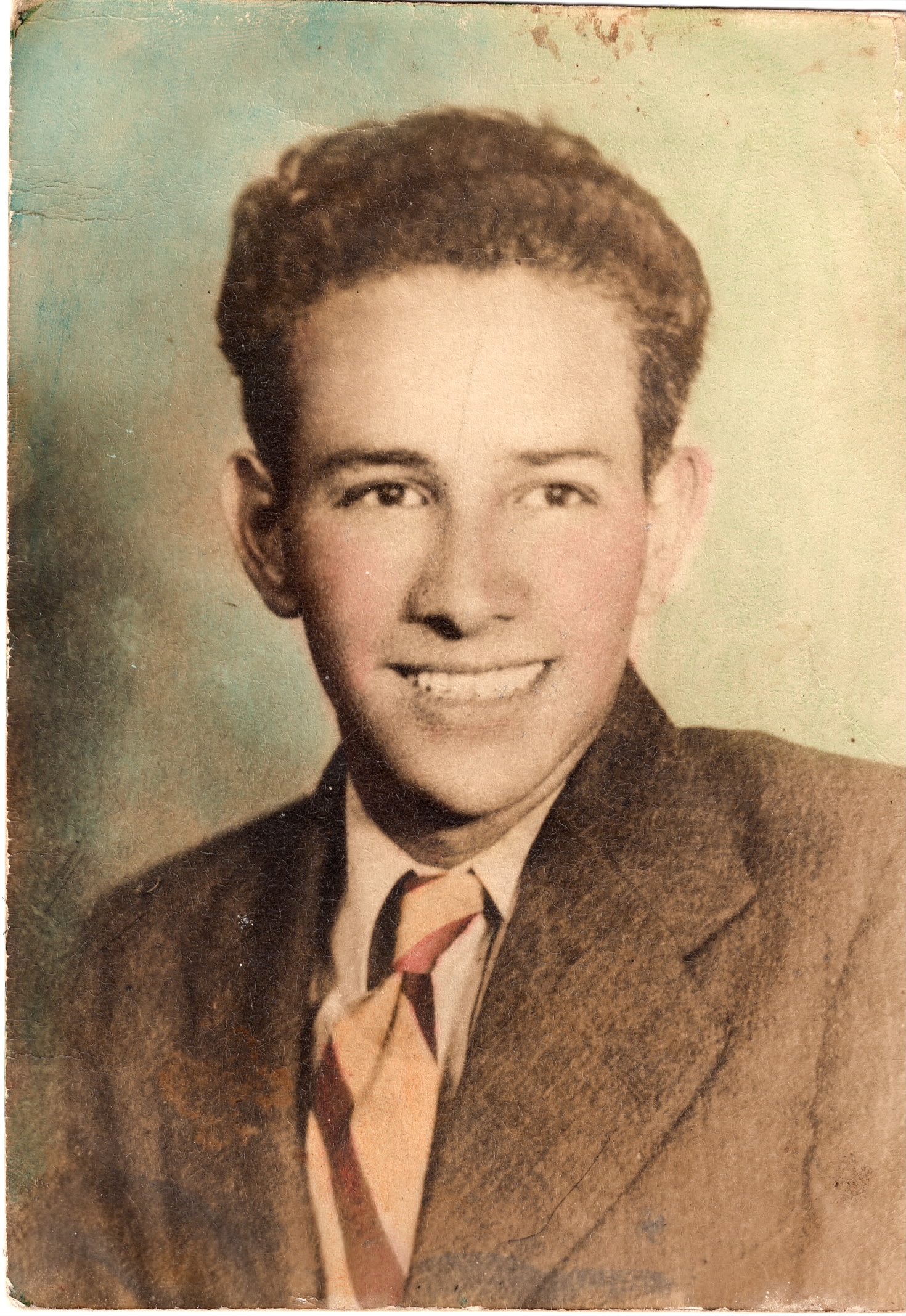TRANSCRIPTION
What were your parents like when you were a child?
They were kind and understanding.
Were your parents educated?
My father was. He had a degree in Mechanical Engineering but couldn't find a job during the Depression. My mother was raised in Mexico and had little schooling.
What kind of work did your father do?
Before the Depression he was a draftsman, but since there was no work, he had to get a job as a janitor at the local high school. Up until the Great Depression I remember him getting ready to go to Freemason meetings at least every other week. Before he died he had been contracted to come up with a layout for an air force base.
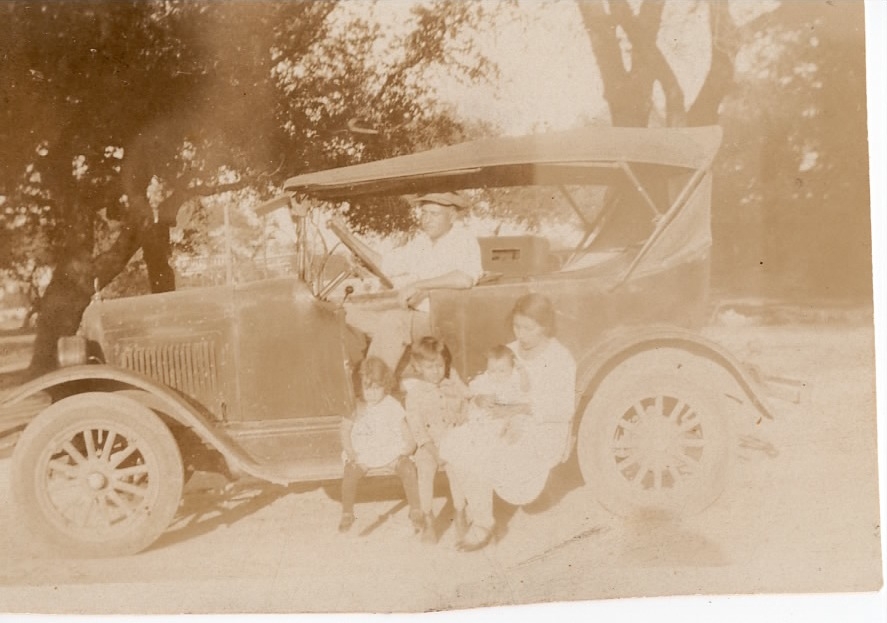
What kind of discipline did they utilize when you misbehaved?
My father was more talented, he would talk to us, but my mother was different. If she had a broom stick in hand, you better run 'cause she would hit you with it if you were close, or throw it at you.
What was like growing up in Eagle Pass?
It was a small town so everybody knew everyone. We only had one fire truck, 1 small hospital, and 4 or 5 sheriffs. One of those sheriffs was an uncle of mine who died in World War 1 after being gassed.
Did you grow up on a farm? Or in an urban environment?
We grew up in a neighborhood on the edge of town of Eagle Pass, Texas.
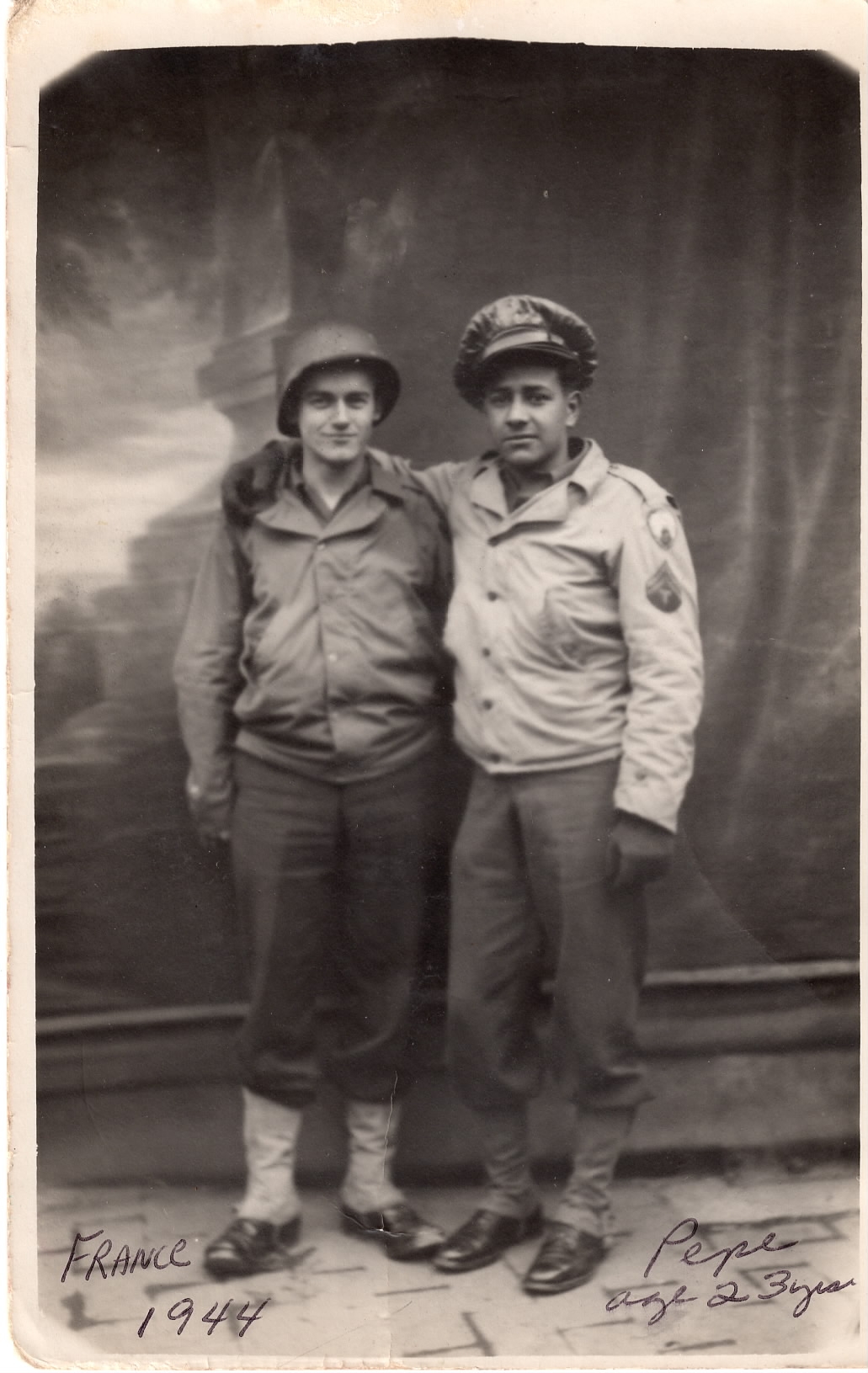
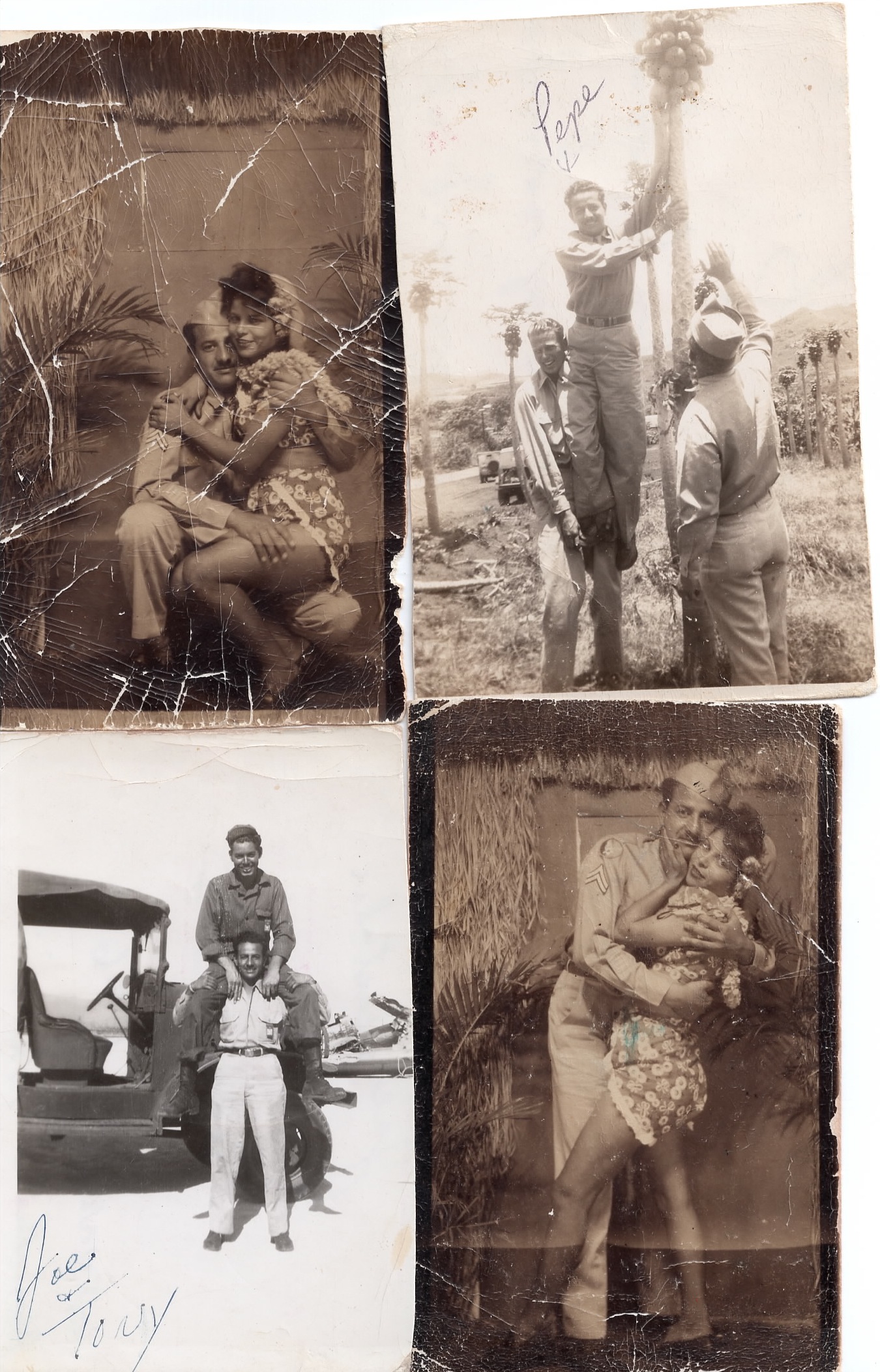
What did your meals look like? What did you eat?
We had the best cook in the world, even if we just had beans and tortillas, my mom was great in preparing food. One day out of the week we would have a little meat that my mom would make a soup out of. As a matter of fact I recall this one time my mother asked me to go and grab a chicken by the neck. The chickens came in from a hole from our neighbors. I listened to mama, and I went and grabbed it. I held onto it until it stopped moving. My mom boiled the chicken in hot water and took the feathers off. I ate good that night.
What did you wear?
Pretty much the same old clothes over and over again. Especially after our house was robbed, and the clothes donated to me were these old overalls that I wore everyday because it was all I had.
What kind of activities did you do as a child?
Played baseball and different 'boy games' like marbles and such.
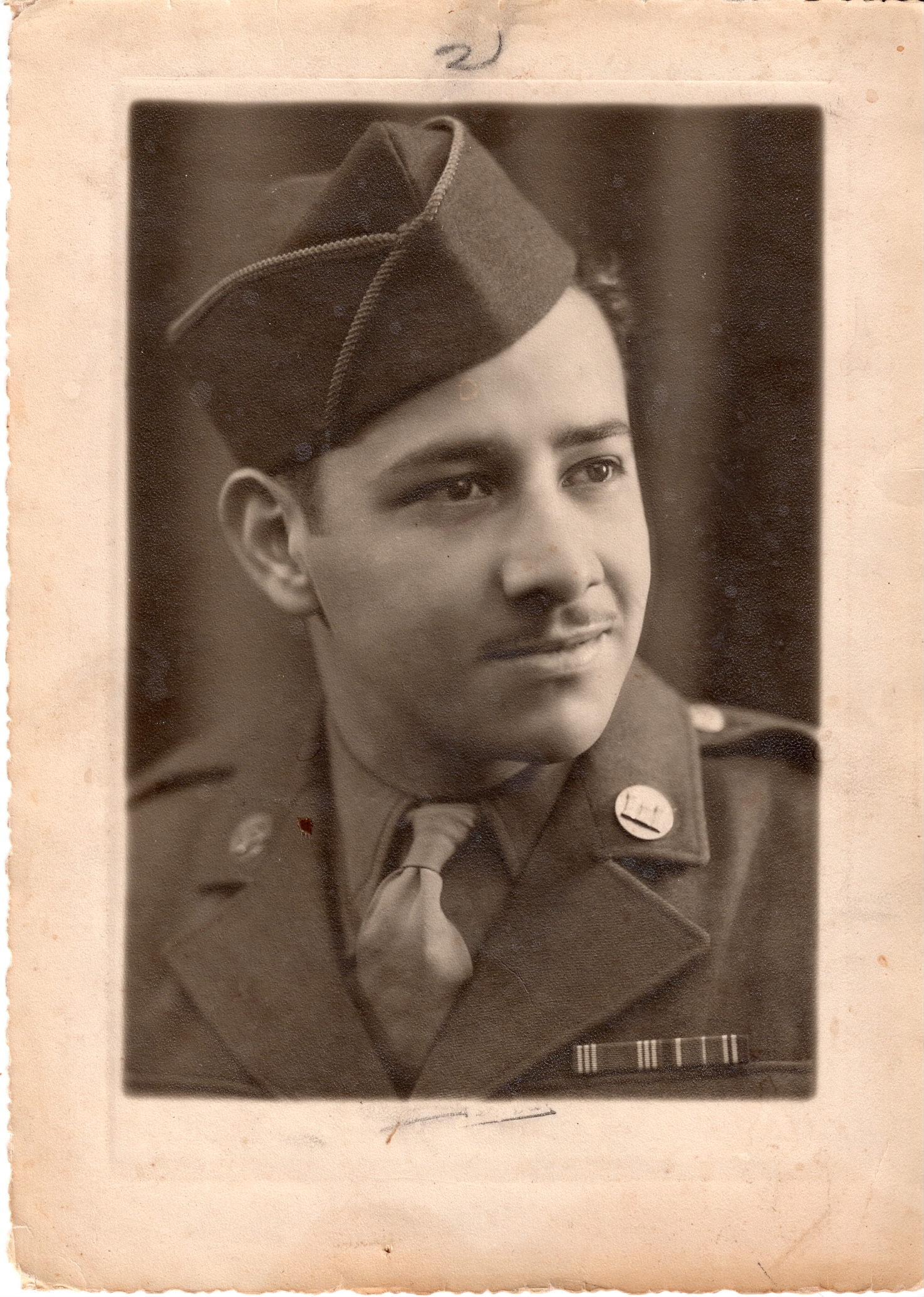
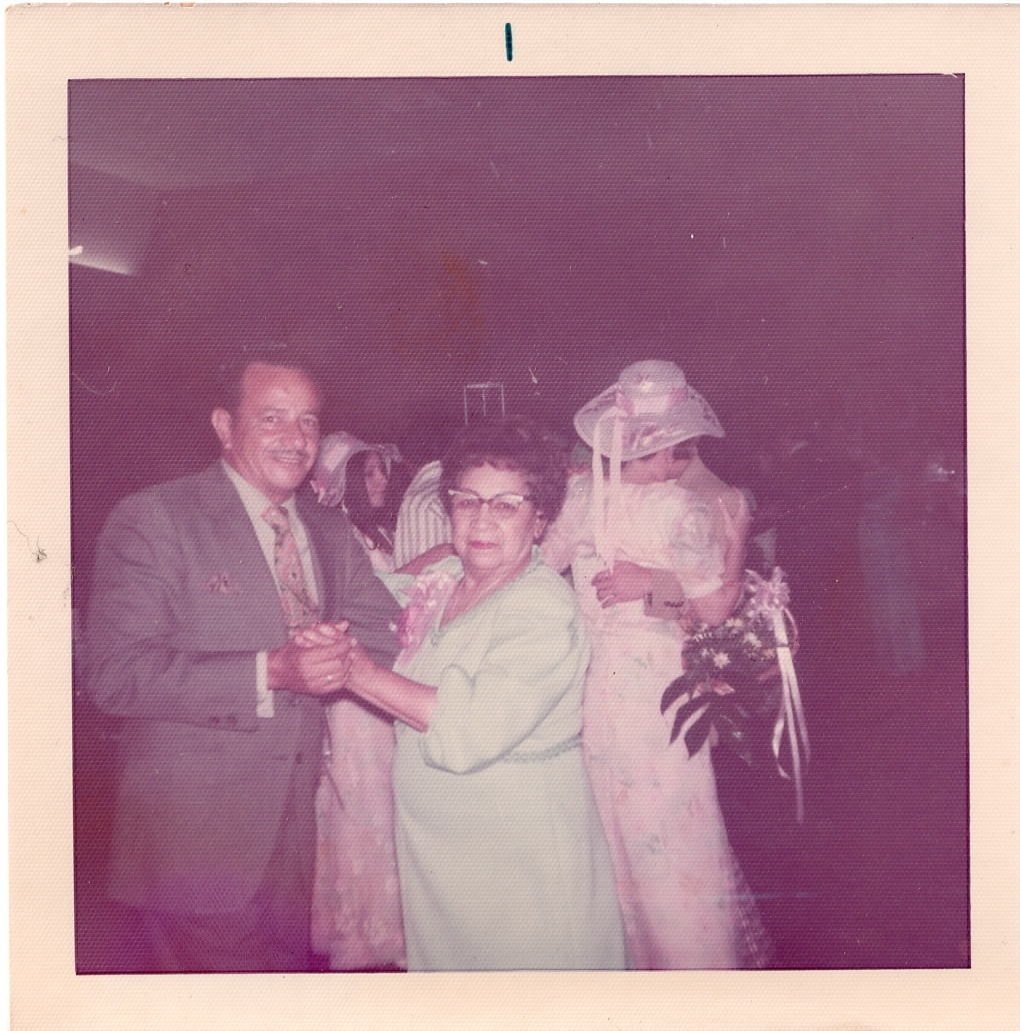
Did you go to school?
Yes, until I had to drop out because we didn't have the money for me to keep on going.
Were your parents able to get you everything you wanted?
NO! It was really really hard times.
Do you recall any government assistance you received?
Yes, the NRA, National Relief Association helped with milk, some groceries, and some clothes.
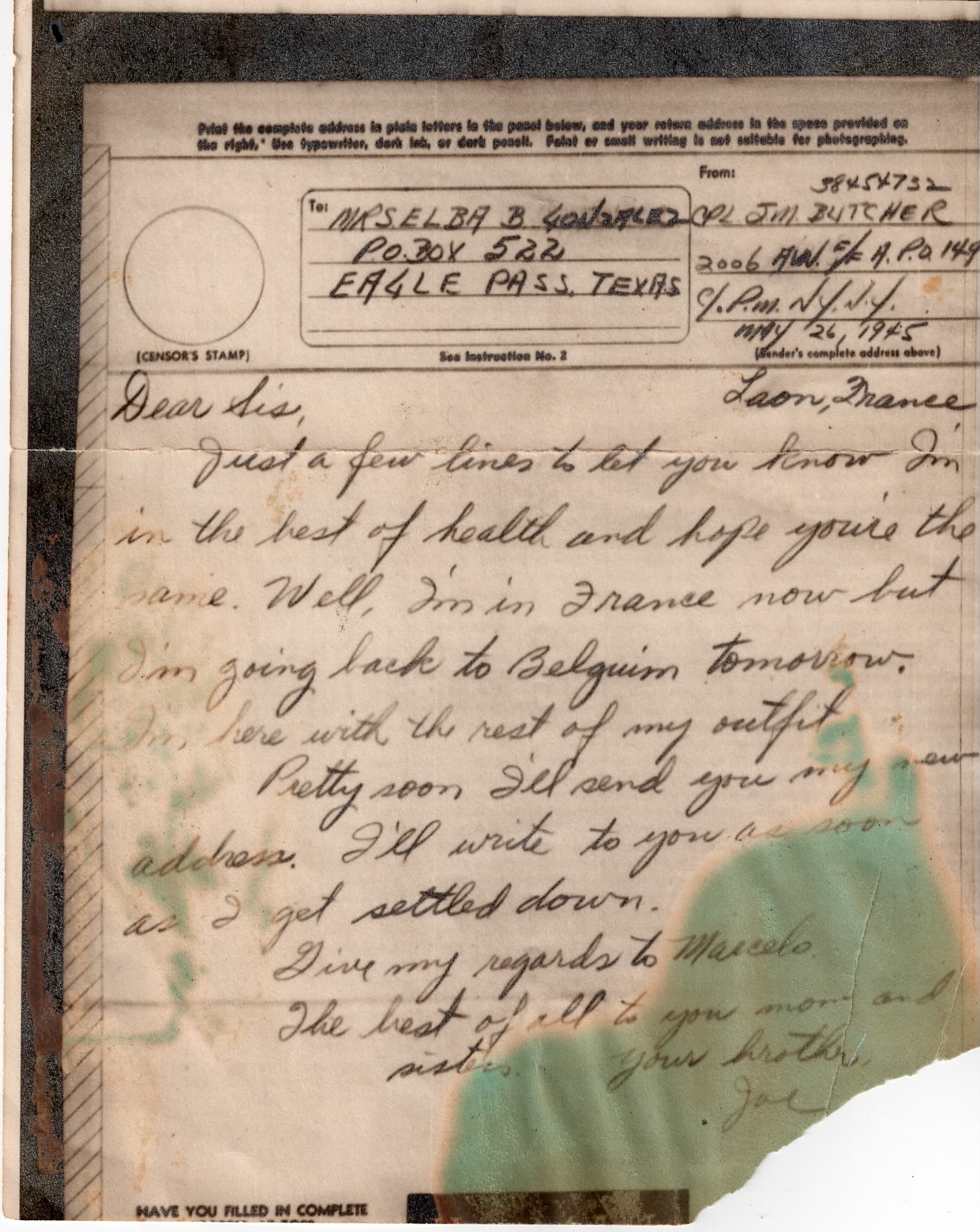
What are you best memories from your childhood?
My father would take me hunting since I was about 12 years old up to about 15 years old. After that I went hunting rabbits every Saturday by myself.
What would be your worst memories?
Trying to stay in school because I was poorly dressed. Not having proper clothes to wear made me feel like I didn't belong there. My biggest heartbreak came with losing my father after I went into the service and not being able to come back to see him again.
When you dropped out school, why did you have to?
I had gotten these sores on my arms that wouldn't heal and the clothes I wore and the shoes were pretty shabby and old. The circumstances weren't right for me to go.
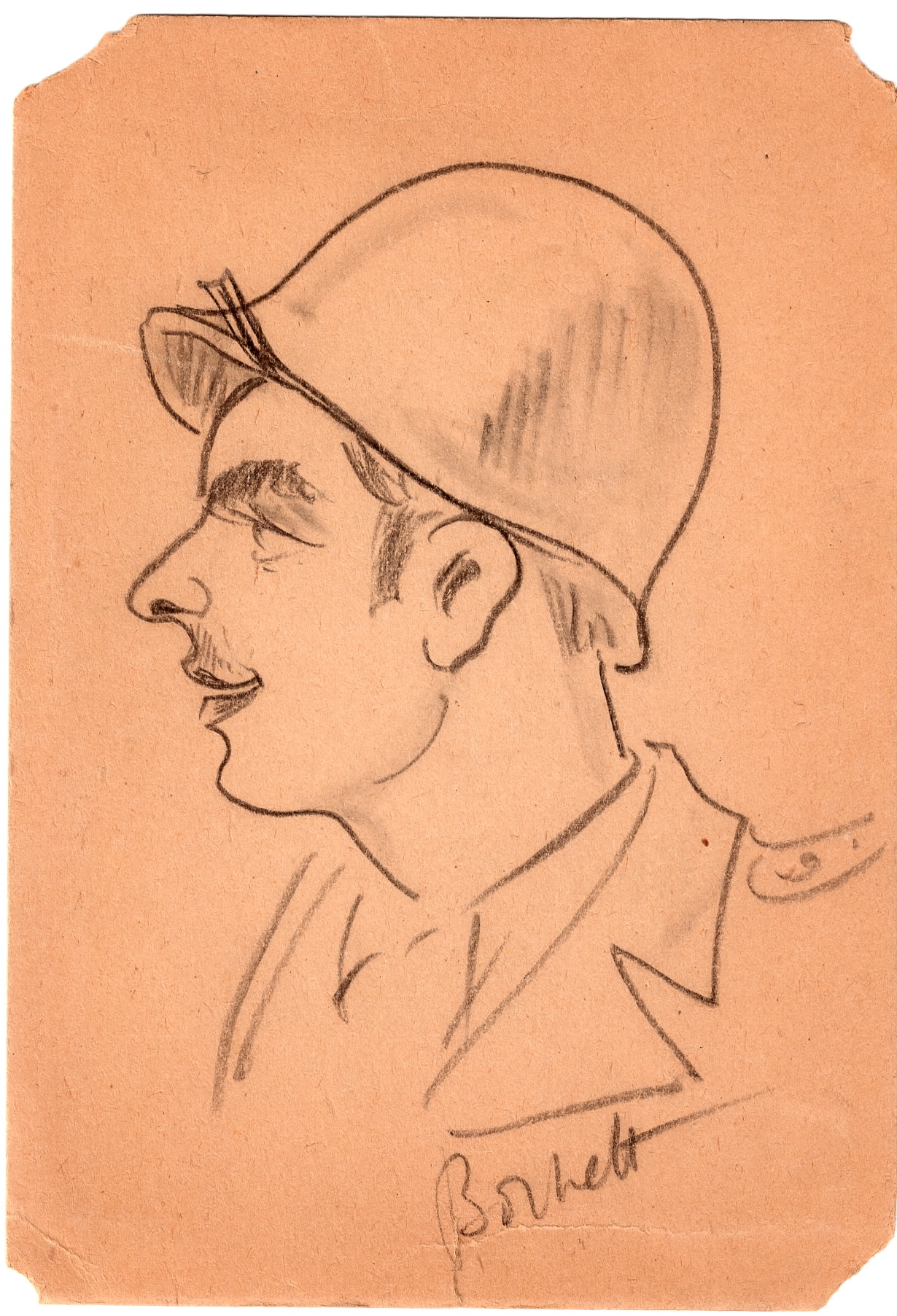
When you heard that Pearl Harbor had been attacked how did you feel?
Very angry the way they attacked Pearl Harbor in such a cowardly fashion.
What made you join the Army?
I was ready to join but my mom and dad wouldn't let me because I was only 17 years old, when I turned 18 years old I could join but I had to wait my turn to be drafted by then. I was drafter at 19 years old- took basic training and trained for job I was to do. I landed in England Oct. 7, 1943 and turned 20 years on Oct. 22, 1943.
What was your first impression of life outside of Eagle Pass?
We used to live in San Antonio, Texas when I was very young, so I knew more less about big cities even when I was young.
What made the greatest impression on you in Europe?
People driving on the left side of the road, and British laborers digging ditches in a suit wearing ties. Before we landed in Liverpool, England they made all the soldiers on the ship wear a tie.
How old were you during the Great Depression?
I was six or seven.
Did you understand why your family didn't have any money?
Yes, I knew everyone was poor so we knew better than to ask for anything.
What was the one thing you loved the most/hated the most during the World War?
The most I loved about the war was that I was going to travel. The most I hated was leaving my sisters and my father and mother. I missed them all a lot. As a matter of fact I lost my father right after we landed in England. He passed away on October 18, 1943. The Army wouldn't let me come home because they were preparing for the invasion of France. So that was another hard blow while I was overseas.
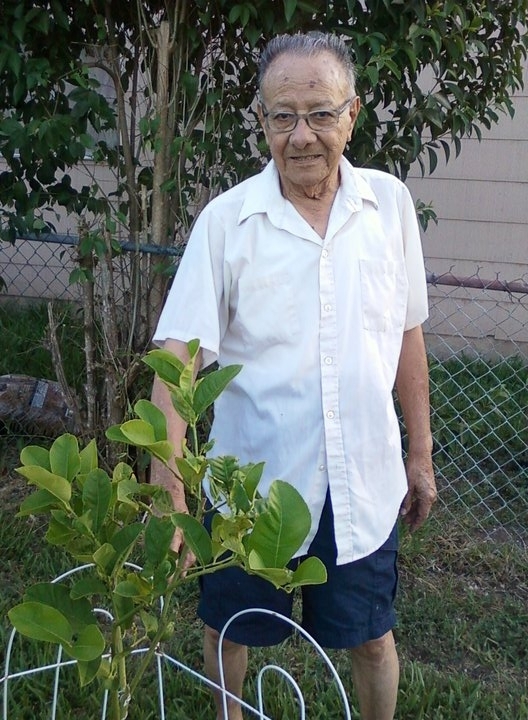
ANALYSIS
Interviewing my father was a candid look into the life of a man who is usually rather reserved. It was a great opportunity to learn more about where I come from, and more importantly learn some of the most valuable memories my father has kept with over his 87 years of living. It was interesting to see what made my father the way he is: a strong minded, stick to your guns if you know you're right, always do the right thing kind of guy. If there were more stand-up guys like him around, the world wouldn't be in the peril it is in now. The most important points throughout the interview was the realization that my father took it really hard losing his own father while he was overseas. My father also stressed how poor his family actually was, but made sure that I understood that although they didn't have much they didn't lack anything. It was interesting to learn that my grandfather was a Freemason who attended meetings at the local chapter every week. I already knew that my father grew up really poor, that's where I got my frugality ethics from, but I did realize that my father has been through more than I ever will go through in my own lifetime. Do good, make right, look forward is what I would have to say my six word memoir is going to have to be after talking to my father. My father's is problems hit you, hit them back. His whole life he has faced adversity and each time he's only came out stronger. My father expressed himself freely and openly, only getting sentimental when talking about the loss of his father. Again, I learned from the stories that many of us today think we have it hard with the way the economy is, but the truth is we haven't seen anything quite like those of my father's time have seen. As far as verifying what my father had told me, I simply used old family documents and the backs of pictures, my father has never told a lie it seems, and I wouldn't have any reason to doubt his stories. The benefit to doing a project like this is learning not only about the events that shaped the lives of those who lived before us, but reliving the feelings they felt, and attempting to picture their time through their eyes in our minds. This is a fantastic way to get a hands-on, fly on the wall account of people's lives and how they were affected by the events that pulsate in our history books.
